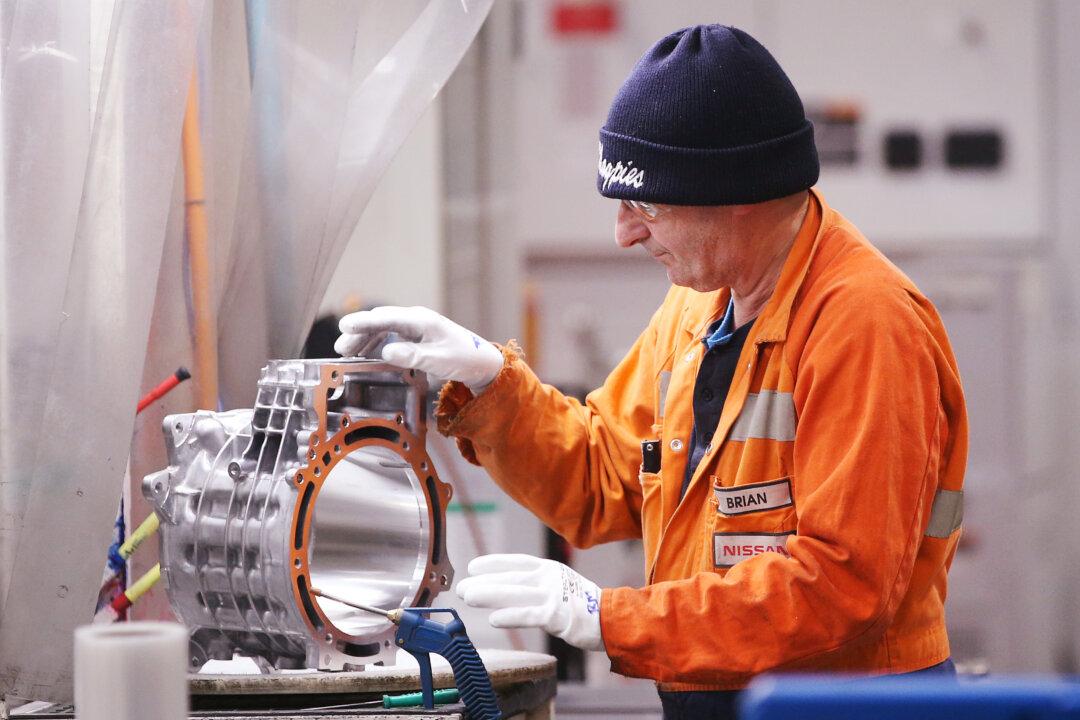Australia’s largest business association is concerned that requiring companies to meet “community benefit” rules to qualify for tax breaks will increase production costs instead of helping businesses
Under the impending Future Made in Australia (Production Tax Credits and Other Measures) Bill 2024, the Labor government has introduced a hydrogen production tax credit scheme and a critical minerals production tax incentive to support the growth of Australia’s renewable sector.





